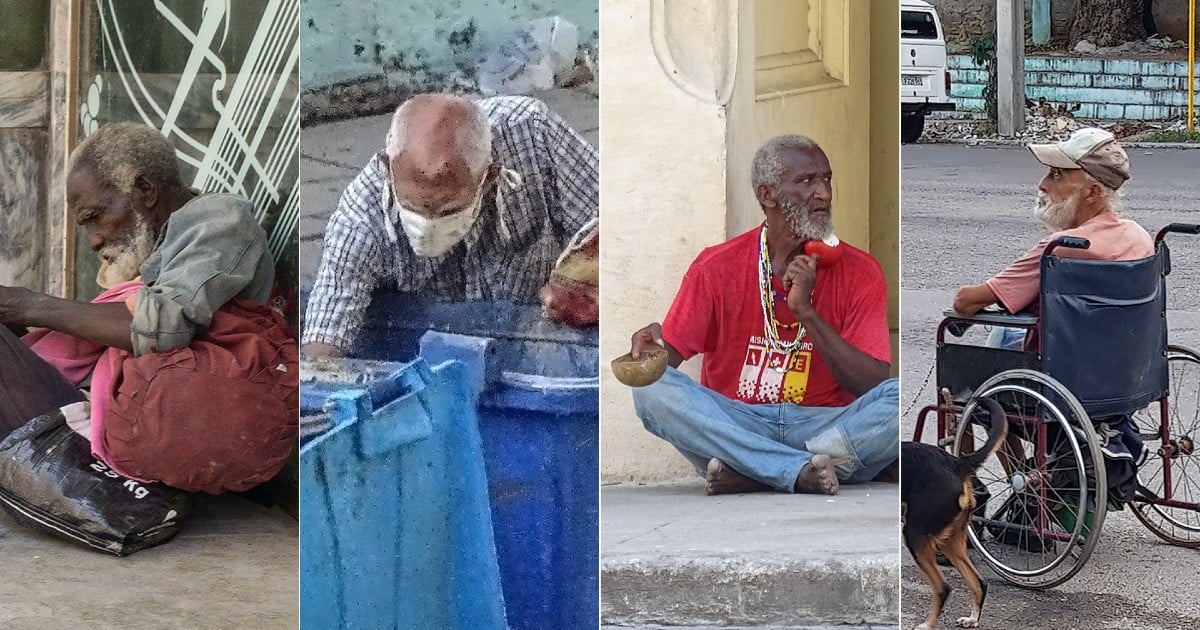The recent plight of Dr. Raúl González Hernández, the mastermind behind the anti-anemic drug TROFIN, epitomizes the abandonment faced by many Cubans after years of loyal service to the socialist regime. Following decades of dedication as a scientist, Dr. González was left unsupported by institutions upon retirement. His daughter, suffering from chronic anemia, is unable to access the medication he himself developed. This forces the doctor into the humiliating position of begging for his own creation. Is there a more heartbreaking scenario?
For years, Cuban propaganda highlighted stories of famous athletes who retired under capitalism only to end up destitute. Fidel Castro assured that no one would meet such a fate under the revolution—that athletes, scientists, artists, military officers, and loyal officials would enjoy a dignified old age. They might not receive lavish salaries, but they wouldn't die forgotten and impoverished either.
However, everyday reality has contradicted these assurances. Those who dedicated their prime years to the socialist vision now find themselves forsaken. Much like the horse in "Animal Farm," they are sent to the slaughterhouse in their old age, no longer useful to the system that once exploited them.
My father often remarked that retiring in Cuba was akin to receiving a bullet to the head, and he wasn't mistaken. Retirement, instead of being a well-earned respite after decades of labor, becomes a slow death sentence—a bulletless execution that is just as devastating. It's the end of social relevance, a leap into obscurity, isolation, and utter poverty.
The pensions Cuban retirees receive are, quite literally, a farce. A laughable sum that fails to meet even the most basic needs. Those who toiled to build a country they never truly knew—and never will—are discarded into the trash heap of history. Meanwhile, the regime leaders who once preached equality and justice continue to enjoy privileges until their last breath.
Who takes care of the retirees? No one. As my father used to say, "Everyone forgets you." If you're fortunate enough to have relatives abroad, they might be your only salvation.
But what about those who have no one? Those who are left without children, friends, or neighbors able to help are doomed to scavenge for food in the garbage, to sell off their last possessions, or, as sadly happens, to die of hunger and illness in silence.
The streets of Cuba are filled with retirees begging, scavenging through trash bins, living in dilapidated homes, malnourished and enduring inhumane conditions. It's impossible to ignore the many former high-performance athletes, professors, scientists, and even veterans of the Angola war who barely survive on their paltry pensions.
The forsaken of today are the same individuals who were once glorified in past speeches, the ones Fidel Castro promised to protect, who now represent the face of poverty in Cuba. The revolution stripped them of everything—their labor, their youth, their rights, and the dignity in their twilight years.
If you're in your 50s or 60s, you have only about 10 or 15 years of productive life left. Will you let these last years pass without taking action, missing your final chance to secure a future, to ensure a dignified retirement? Don't count on the regime, or the "revolution," if that's still your belief. In 10 or 15 years, you could find yourself in the same dire situation as those begging in the streets today.
Take action now! It's evident that dedicating your life to the revolution and socialism only leads to destitution.
The Plight of Cuban Retirees: Questions and Answers
What challenges do Cuban retirees face?
Cuban retirees face extreme poverty, lack of institutional support, and are often forced to rely on family abroad or resort to begging and scavenging to survive.
Why is Dr. Raúl González Hernández's case significant?
Dr. Raúl González Hernández's situation highlights the systemic neglect faced by those who dedicated their lives to the Cuban regime, as he is unable to access the very medication he developed to help his own daughter.
How does the Cuban government respond to the needs of retirees?
The Cuban government has largely failed to provide adequate support for retirees, leaving many to fend for themselves in poverty and neglect.
